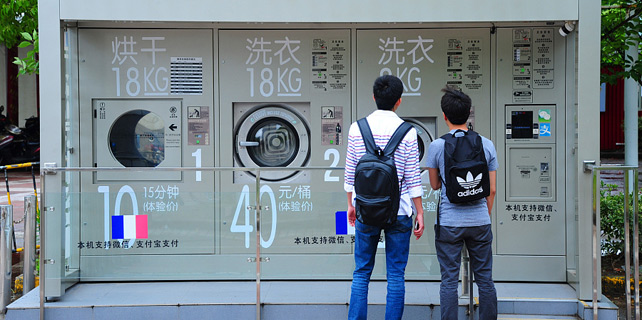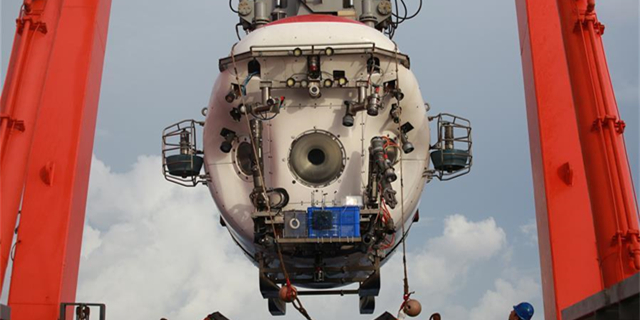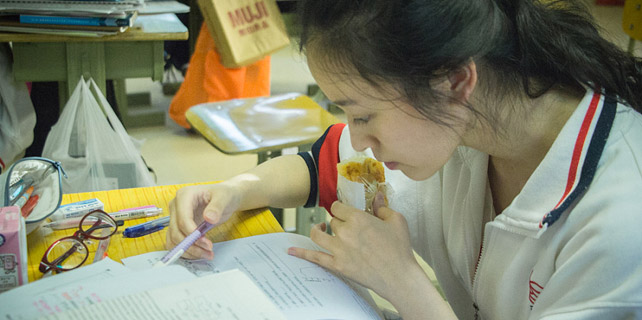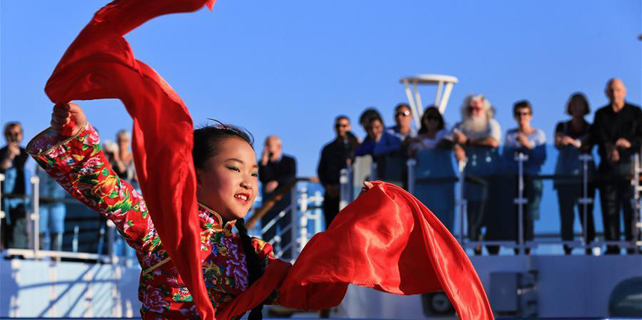Trump cries foul over burden sharing at NATO summit
Trump has previously supported Britain's shock Brexit vote, claimed the EU was a doomed would-be super-state and dubbed NATO "obsolete".
Even so, hopes were relatively high that the visit, Trump's first overseas trip as US President, could help heal EU/US relations and ongoing rows about European defense spending.
But the severe ticking off he gave alliance members risks souring relations even more.
In a sign of growing frustration felt by EU leaders, European Parliament President Antonio Tajani, speaking after meeting Trump in Brussels, defended European defense spending, insisting: "Europe is taking on greater responsibility on defense."
Greens co-leader, Philippe Lamberts commented, "Trump's demands on the NATO countries for military rearmament is no answer to the threats and instability we face."
"In marked contrast to the US president, Europe must defend the importance of conflict prevention, diplomacy and human rights, instead of spending ever more on upgrading military capacity. We need to find better ways of cooperating to ensure our security," Lamberts said.
Stoltenberg sought to seek a more conciliatory tone, hailing Trump's plan to expand, with 4.8 billion US dollars, the European Reassurance Initiative, a military fund to counter "Russian aggression".
Stoltenberg said the "barbaric" attack in Manchester on Monday underlines the importance of his organization's role in combating terrorism and "the importance of standing together in defense of our open societies".
Reaction to the summit and Trump's visit was swift, with Charles Michel, the Prime Minister of Belgium whose country has hosted NATO for over 50 years, warning, "Security today requires much more than the traditional military tools. Civilian and military operations go hand in hand. So we will need both soft and hard power."
UK Conservative Foreign Affairs spokesman Charles Tannock said, "Hopefully both sides took the chance to set aside the rhetoric, sound each other out and lay the foundations of a strong political and security relationship. It is much easier to reach an understanding when you are in the same room, not hailing each other across the Atlantic."
Giovanni Grevi, of the European Policy Centre,a leading think tank, said: "Trump's nationalist political instincts are at odds with what the EU stands for. However, given the breadth and depth of transatlantic ties, both Washington and Brussels have an interest in taking a pragmatic approach to mutual relations."






















